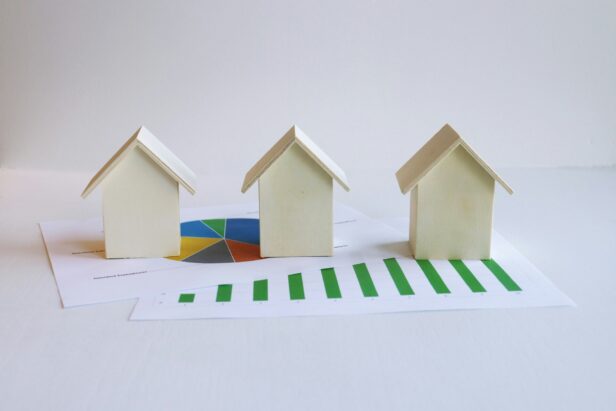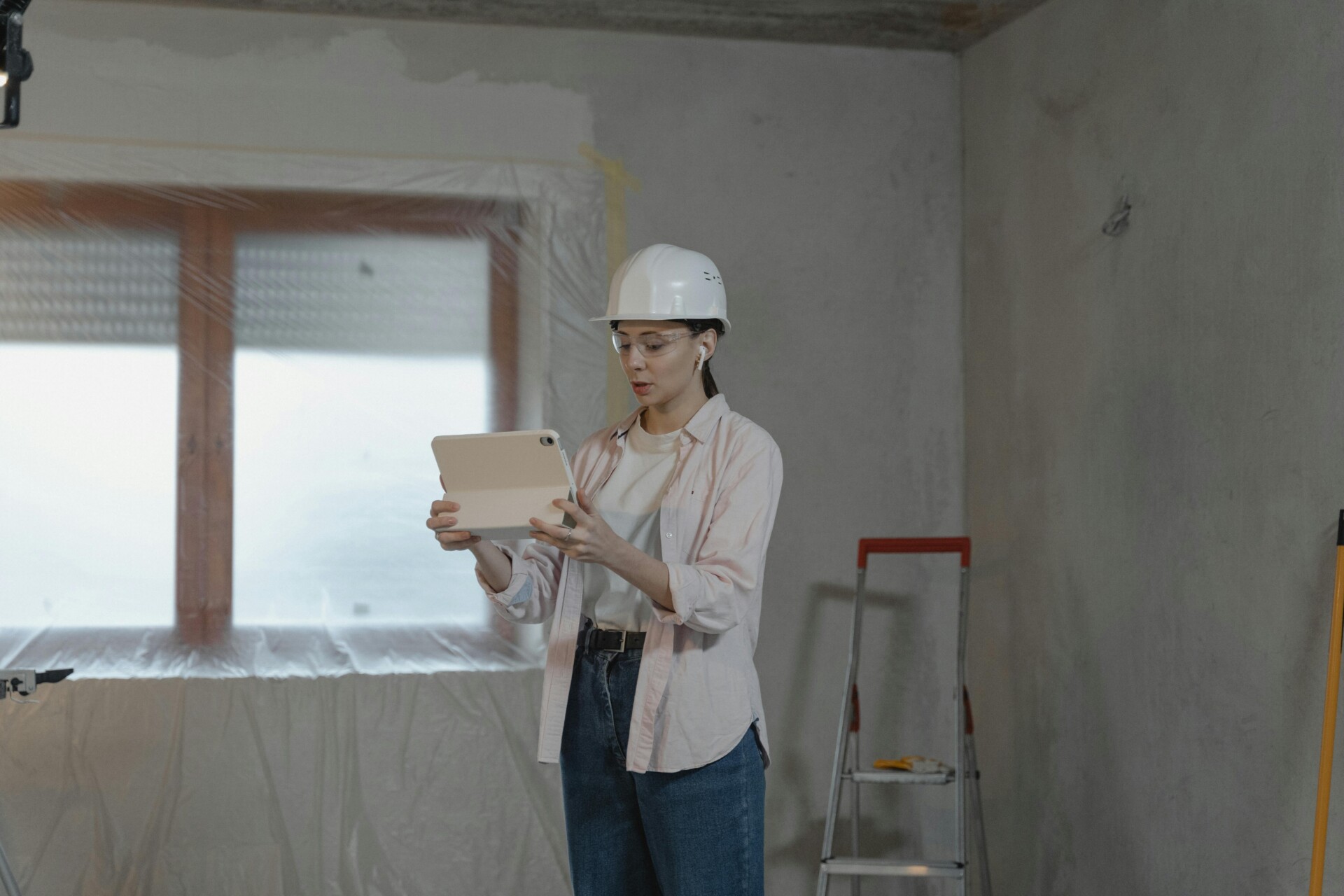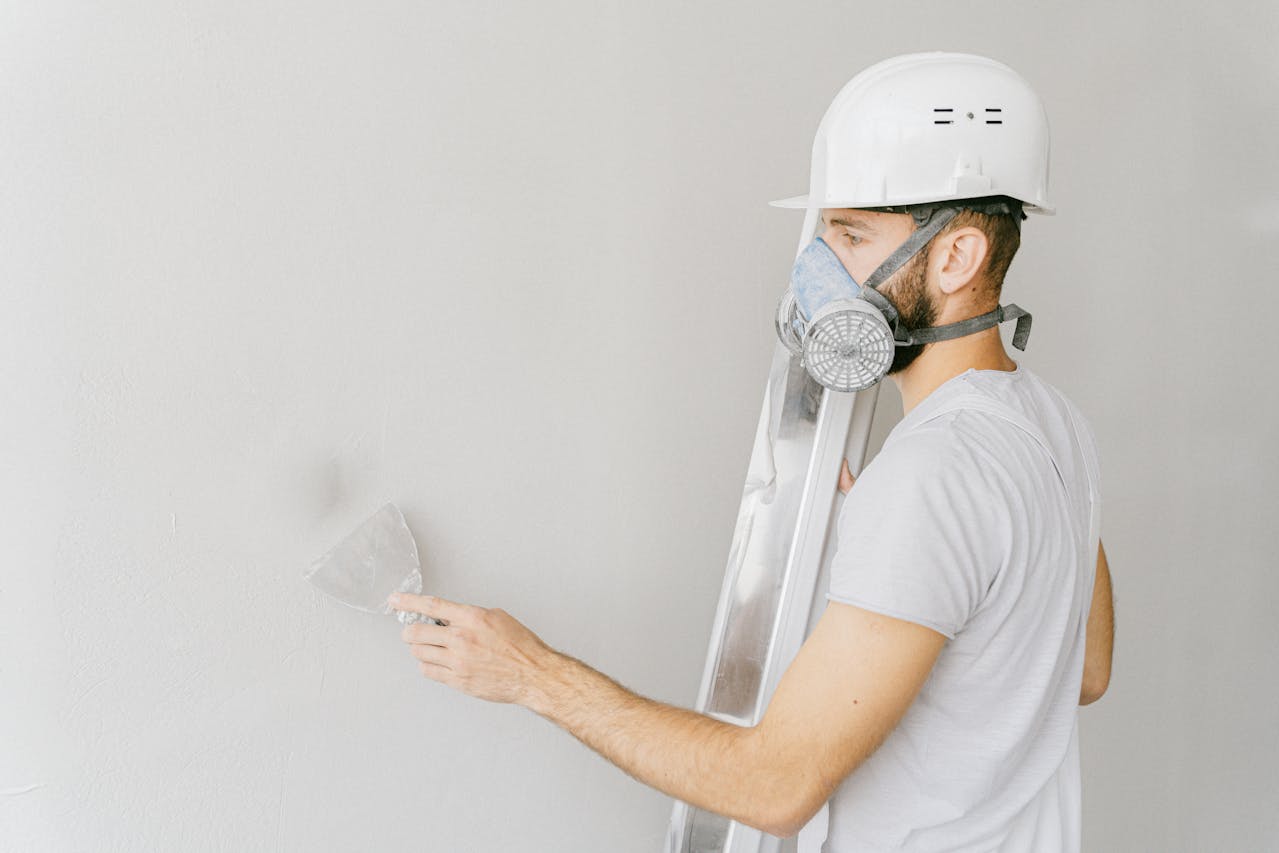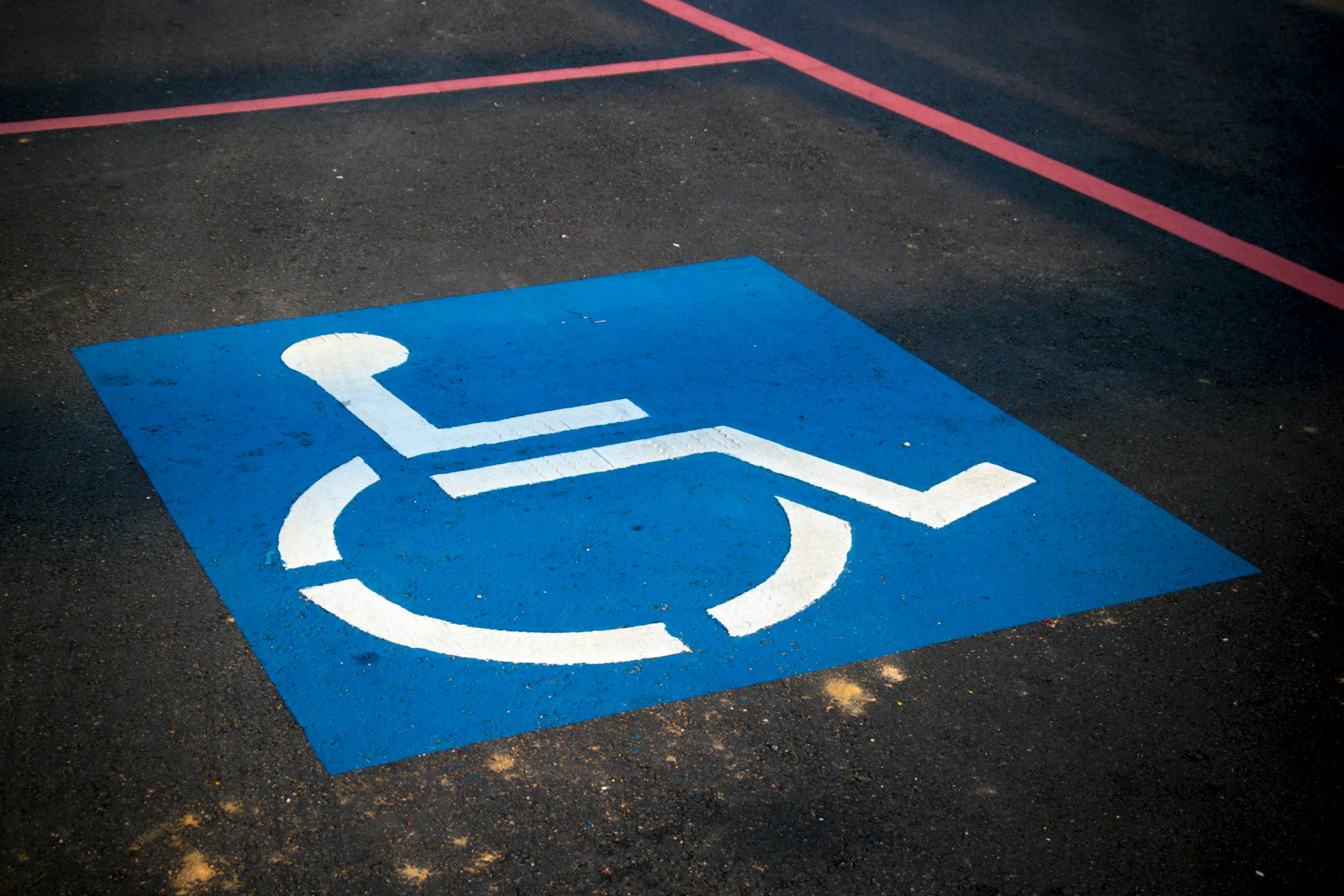Building a custom home in Dallas involves significant cost considerations for property developers in 2024. As we work on residential projects throughout the Dallas metro area, we see construction costs ranging from $110 to $210 per square foot, entirely dependent on the desired grade of construction. This pricing variability reflects the real choices developers face in the current market.
Breaking down these costs, standard grade construction typically runs between $110 and $140 per square foot, while premium grade construction ranges from $140 to $170 per square foot. For luxury residential developments targeting upscale buyers, construction costs generally fall between $170 and $210 per square foot. It’s worth noting that recent labor shortages in North Texas have increased pressure on the higher end of these ranges.
When developing project budgets for clients, we emphasize that these figures represent construction costs only. They don’t account for land acquisition, site preparation, or the increasingly complex permitting process in Dallas. Considering all expenses, the median price for building a complete home in Dallas is approximately $263,400, with construction costs averaging $172 per square foot. Developers working in emerging neighborhoods like Oak Cliff and East Dallas should factor in additional contingencies as these areas often present unexpected site challenges during excavation phases.
How Do Home Sizes Affect Building Costs in Dallas?
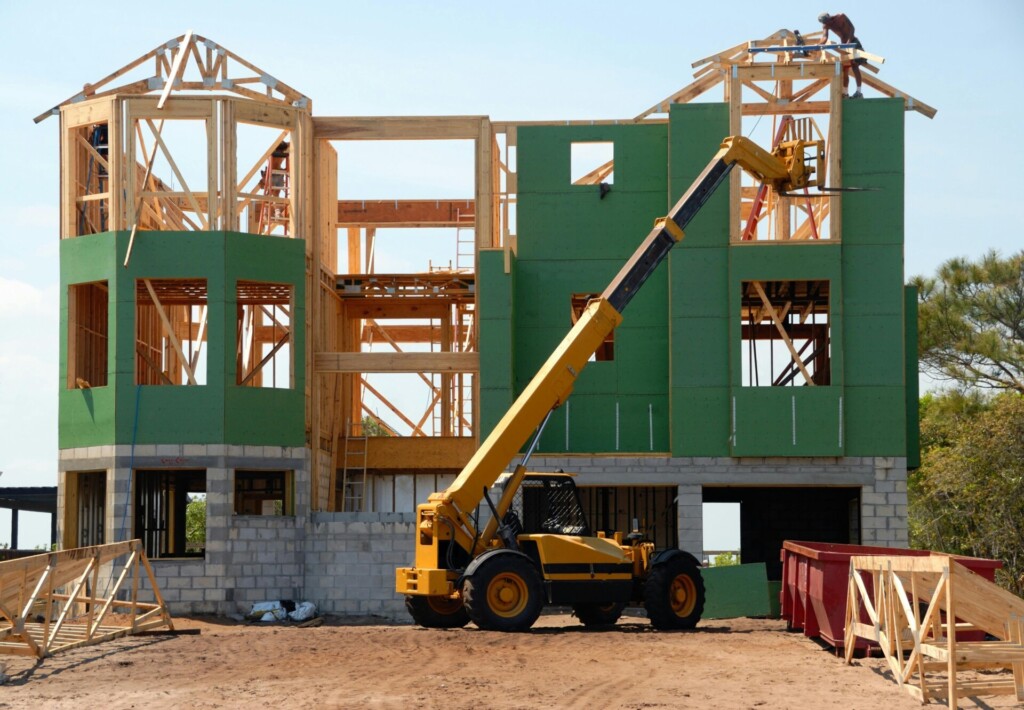
In managing construction projects in Dallas, we consistently notice a direct relationship between home size and overall building costs. This relationship is not simply linear—it involves several factors affecting the final price of your custom home. Understanding these cost dynamics helps our clients make informed decisions about their building investments.
Square Footage Cost Breakdown
The cost per square foot (PSF) in Dallas typically shows an inverse relationship with home size. As we construct larger homes, the cost per square foot generally decreases due to economies of scale. For standard construction quality, smaller homes often have higher PSF costs, while larger luxury properties distribute certain fixed costs across more square footage.
In our construction projects, we have found that entry-level homes between 800-1,000 square feet represent a different value proposition than mid-sized or luxury homes. An 800-square-foot home in Dallas typically costs approximately $124,000, while a 1,000-square-foot home averages around $155,000. As we move to 1,200 square feet, the price increases to roughly $186,000, and a 1,400-square-foot home generally costs about $217,000.
For medium-sized family homes around 2,000 square feet, we typically see costs ranging from $200,000 to $310,000, depending on the chosen finishes and neighborhood. The average price per square foot for these properties ranges from $100 to $155, reflecting the standard building costs in Dallas, which sit approximately 6% above the national average.
Mid-Range and Luxury Home Costs
When developing mid-tier properties around 4,000 square feet, costs typically range from $800,000 to $1 million. These homes feature higher-quality materials and more elaborate designs, with PSF costs between $200 and $249. The higher price point reflects not just the increased size but also the superior craftsmanship and amenities we incorporate.
For luxury custom homes, which start at around 7,000 square feet in Dallas, prices begin at approximately $1,750,000. These high-end residences command prices starting at $250 per square foot, with costs rising based on customization. The premium comes from architectural complexity, premium materials like marble and imported stone, and sophisticated systems integration that we coordinate across numerous specialized trades.
Understanding Cost Factors Beyond Size
While square footage is a primary cost determinant, several other factors influence the final price tag. Material selection significantly impacts costs—especially in today’s market where construction materials have seen a 16% price increase. The complexity of the design also matters, with multi-story homes, complex rooflines, and custom architectural features requiring additional labor and materials.
Location within Dallas affects pricing as well. Building in upscale neighborhoods like Highland Park or Preston Hollow generally costs more than construction in emerging areas. This reflects not just land costs but also neighborhood-specific building requirements that we must adhere to during the construction process.
Maximizing Value Across Different Home Sizes
We have found that regardless of home size, smart planning can maximize construction value. For smaller homes, we focus on efficient layouts that eliminate wasted space. Open floor plans not only feel more spacious but can reduce costs by minimizing interior walls and simplifying mechanical systems.
For mid-range and luxury homes, we recommend prioritizing high-impact features over sheer size. A thoughtfully designed 3,500-square-foot home with premium finishes in key areas like kitchens and bathrooms often delivers better long-term value than a larger home with basic finishes throughout.
When coordinating large luxury builds, we implement careful phasing and material procurement strategies to manage costs without compromising quality. This approach has proven particularly valuable during recent periods of material shortages and price volatility in the Dallas construction market.
Understanding how home size affects building costs allows us to develop accurate budgets and helps our clients make informed decisions about their investment in a new Dallas home. By balancing size requirements with quality expectations, we can create homes that meet both lifestyle needs and financial parameters.
What Factors Influence Home Building Costs in Dallas?

Building a home in Dallas involves numerous variables that can significantly affect your final budget. Understanding these factors early in the planning process helps prevent unexpected cost increases and allows for more accurate financial preparation. We coordinate these elements daily as we manage construction projects throughout the Dallas area.
Cost-Increasing Factors
Several design and site-specific elements can raise construction costs. Multi-story homes typically cost more than single-story residences due to additional structural requirements and more complex framing. Similarly, intricate roof designs with multiple ridges, valleys, and varying pitches require specialized labor and extended construction time, driving up expenses.
The building site itself plays a crucial role in determining costs. Lots with challenging topography, poor soil conditions, or limited access require additional site preparation, specialized equipment, and often more extensive foundation work. We frequently see costs increase by 15-20% when building on severely sloped lots compared to flat, easy-access properties.
Custom architectural features and high-end finishes are other significant cost factors. Premium materials like natural stone, hardwood, and custom cabinetry can increase material costs substantially. In recent Dallas projects, we’ve observed luxury finishes adding $50-$100 per square foot to construction costs compared to standard-grade materials.
Cost-Reducing Opportunities
Conversely, several approaches can help manage and reduce building costs. Single-story designs generally require less complex structural elements and simpler mechanical systems. Straightforward roof designs with fewer angles and valleys significantly reduce both material waste and labor hours.
Using pre-designed plans with minimal modifications can offer substantial savings over fully custom designs. These plans have already been engineered and detailed, eliminating much of the architectural and engineering expense. Building in areas with less restrictive building codes can also reduce compliance costs, though this must be balanced against other location considerations.
Standard building materials and fixtures generally cost 30-40% less than premium alternatives while still providing quality and durability. When we guide clients through material selections, we identify opportunities to allocate their budget toward high-impact areas while using standard materials in less visible applications.
Permit and Regulatory Costs
Regulatory expenses represent a significant portion of Dallas construction budgets. Basic permit fees start at approximately $100, but this is just the beginning. Site plan reviews generally cost around $50 per square foot, with final costs varying based on your home’s size and complexity. For a standard 2,500-square-foot home in Dallas, permit and inspection fees typically range from $3,000 to $6,000.
These costs have increased steadily in recent years as municipal departments face staffing challenges and growing demand. We’ve also observed that permit processing times vary significantly throughout the year, with longer waits during peak construction seasons potentially adding carrying costs to your project.
Local building ordinances can vary significantly even within the Dallas metropolitan area. Some municipalities have adopted stricter energy codes or specific design requirements that necessitate additional construction elements. Working with a contractor experienced in your specific area helps navigate these requirements efficiently and identify the most cost-effective compliance approaches.
Weather conditions also influence construction timelines and costs in Dallas. Our hot summers and occasional severe weather events can cause delays that impact overall project costs. Planning construction phases with seasonal considerations in mind helps minimize these disruptions and maintain budget control.
What Are the Hard Costs vs. Soft Costs of Building in Dallas?

Understanding the distinction between hard costs and soft costs is crucial for budgeting your construction project in Dallas. We regularly guide our clients through these categories to ensure comprehensive financial planning. Let’s examine what these costs entail and how they impact your bottom line.
Hard Costs: The Tangible Elements
Hard costs involve the physical construction of your building. These are the elements you can see and touch when the project is complete. In Dallas, material costs currently average about $50 per square foot, with significant variability based on design choices and material quality.
Framing represents a substantial portion of hard costs, typically ranging from $20,000 to $50,000 depending on the size and complexity of the structure. Lumber prices have fluctuated considerably in recent years, affecting overall budgets. We monitor these market conditions closely to help our clients navigate the timing of material procurement.
Labor costs constitute approximately 30-50% of the total hard costs. Our subcontractor network includes professionals with varying hourly rates: general contractors at $29.89, plumbers at $30.05, electricians at $28.43, carpenters at $23.71, and HVAC technicians at $29.17. These rates reflect the skilled labor market in Dallas and help us calculate accurate project budgets.
Roofing costs vary significantly based on material selection, with prices ranging from $151.20 to $1,701 per 100 square feet. Premium roofing materials increase upfront costs but often deliver better long-term value through durability and energy efficiency.
Soft Costs: The Invisible Essentials
Soft costs often surprise first-time developers since they don’t directly translate into physical elements of the building. However, these costs are essential to the project’s success and regulatory compliance.
Permit fees represent a significant soft cost in Dallas. The master permit fee starts at $100, with site plan reviews adding approximately $50 per square foot. The total building permit cost averages around $1,500, but this increases with project complexity. Additional permits for specific systems include HVAC permits ($250-$400), plumbing permits ($50-$500), and electrical permits ($10-$500).
Architectural and design fees typically account for 5-20% of the total construction costs. For full architectural services, expect to budget between $15,000 and $80,000 depending on project scope. Design services average $95.41 per hour, covering material selections and interior specifications.
Scott Marek of Marek Architecture notes that architectural fees for base design and documentation services usually range between $6 and $10 per square foot of total building area, varying with project size and complexity. More involved design work and detailed drawing sets can increase this to 8-12% of total building costs.
Additional Considerations: Amenities and Site Work
Beyond standard construction, many Dallas property owners opt for amenities that enhance value and lifestyle. Pool additions are particularly popular given Dallas’s hot climate, with costs ranging from $1,000 for basic above-ground options to $78,000 for luxury inground pools.
Land preparation represents another significant cost category. Site clearing and leveling typically costs between $1,500 and $3,000, with additional expenses for water and sewer inspections ($270-$1,737). These costs vary widely based on the existing site conditions and required modifications.
When we develop project budgets, we account for the full spectrum of both hard and soft costs. By providing this comprehensive view, we help our clients avoid the surprise expenses that often derail construction projects. Our detailed cost-tracking systems ensure transparency throughout the construction process, allowing for informed decision-making when unexpected situations arise.
Managing the balance between hard and soft costs requires experience with Dallas’s specific construction landscape. We leverage our established relationships with local permitting authorities, subcontractors, and material suppliers to streamline processes and optimize budgets while maintaining quality standards.
Is It Cheaper to Build or Buy a House in Dallas?
When developers and property owners approach us about residential projects in Dallas, one of the first questions we hear is about cost efficiency: is building new or purchasing existing inventory the better financial move? Based on our construction experience in the Dallas market, we can provide some clarity on this important decision.
The numbers tell a compelling story. Currently, the average cost to build a new house in Dallas runs approximately $447,500 for the construction alone. This figure rises to over $550,000 when we factor in land acquisition—averaging $29,800 per acre—permitting fees, site preparation, and other necessary expenses. These costs have increased notably in recent years due to material price fluctuations and labor market pressures throughout the construction industry.
Beyond just dollars, timeline considerations play a crucial role in the build-versus-buy equation. New construction projects in Dallas typically require 9 to 12 months from groundbreaking to completion—assuming no major weather delays or supply chain disruptions, which have become increasingly common since 2020.
In contrast, purchasing an existing property in Dallas presents a more immediate and often more cost-effective solution. The current median home price hovers around $410,000, with numerous options available under $300,000 in various neighborhoods. The transaction process for existing homes typically completes in just 1.5 to 2 months, allowing for much quicker occupancy.
However, the financial comparison isn’t the complete picture. When we manage new construction projects, we deliver homes precisely tailored to our clients’ specifications. Custom building offers complete control over layout, energy efficiency systems, and modern technologies that older homes may lack. For developers targeting specific market segments or property owners with unique requirements, these customization advantages sometimes outweigh the higher upfront costs.
We’ve also observed that newly constructed homes often require less immediate maintenance and typically feature more energy-efficient systems, potentially reducing long-term operating costs. These factors can partially offset the higher initial investment over the property’s lifecycle.
During the current market conditions, approximately 27.7% of Dallas homes are experiencing price reductions, creating potentially favorable conditions for buyers of existing properties. This market dynamic has widened the immediate cost gap between building and buying.
The decision ultimately depends on your specific circumstances, timeline constraints, and whether the customization benefits of new construction align with your project goals and budget parameters.
Conclusion: Planning Your Dallas Home Building Budget
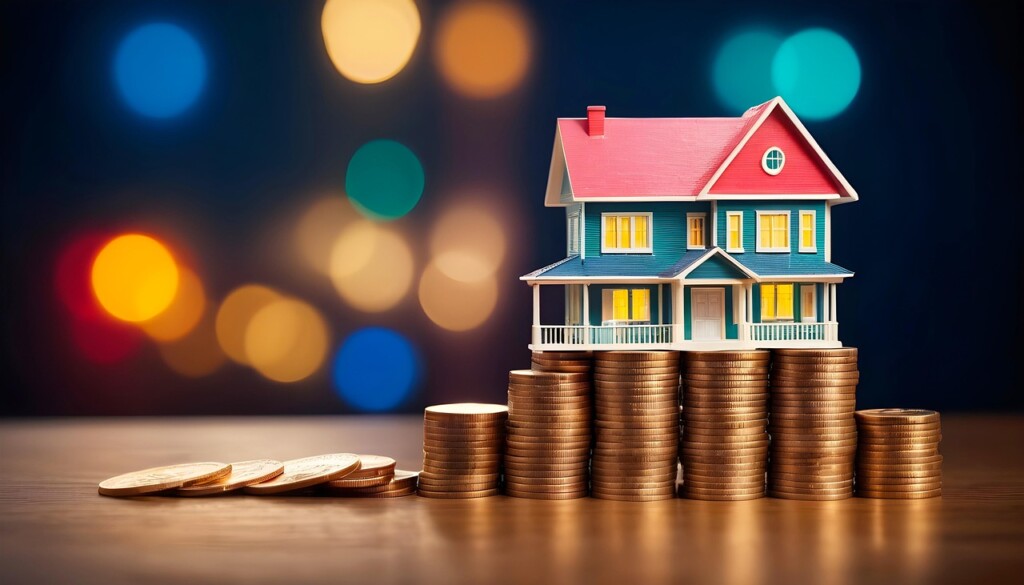
Planning a construction budget for your Dallas home requires thorough financial preparation and a clear understanding of current market realities. Construction costs typically range from $110 to $210 per square foot, based on quality grade and specifications. Many of our clients find total project costs reaching $447,500 or more when considering land acquisition, permitting, and site preparation.
In our experience managing Dallas construction projects, successful budget planning must account for several critical factors. Material costs continue to fluctuate, with significant volatility in lumber and steel prices. Labor availability also presents a challenge, with skilled trade shortages leading to higher wages across the industry. Additionally, the permitting process in Dallas has become more time-consuming, often taking 3-4 months compared to just weeks in previous years. These extended timelines inevitably affect carrying costs and the overall budget.
As construction professionals, we recommend initiating conversations with builders early in your planning process. We can provide detailed cost breakdowns tailored to your vision, lot conditions, and desired timeline. This collaborative approach not only allows for more accurate budgets but also helps identify potential cost-saving opportunities without compromising quality. Ready to start planning your Dallas home construction budget? Contact EB3 Construction for a comprehensive consultation.

